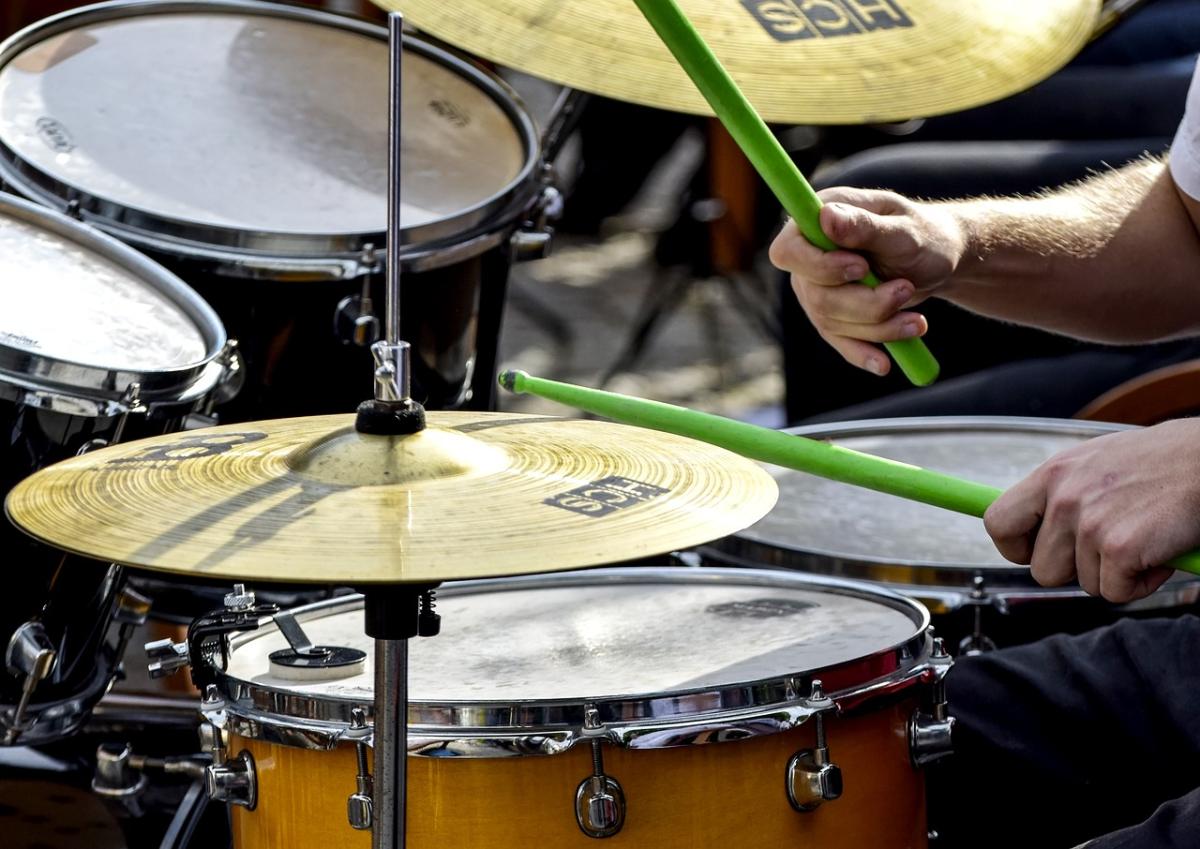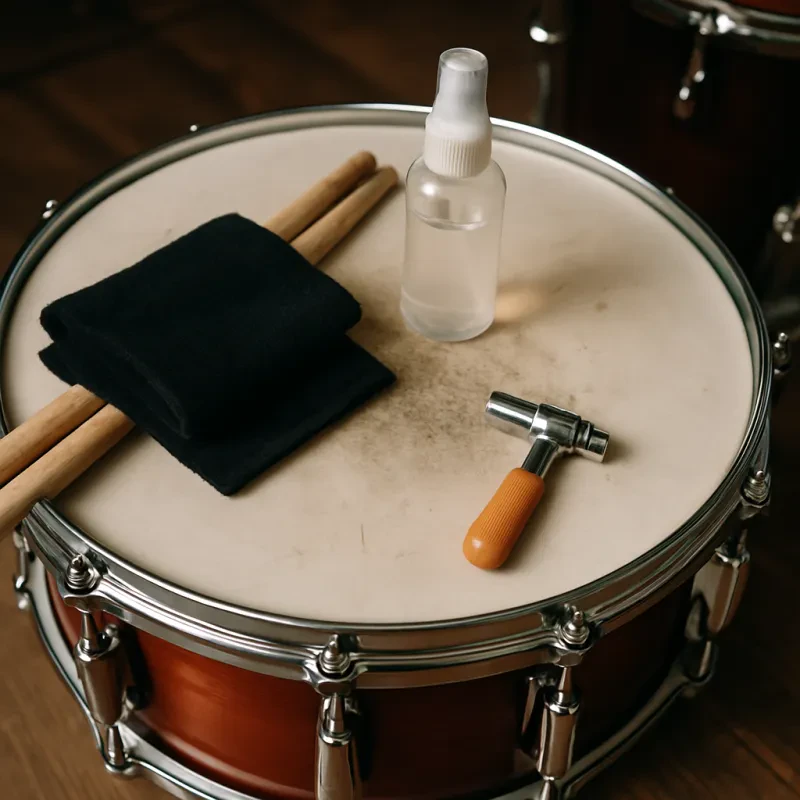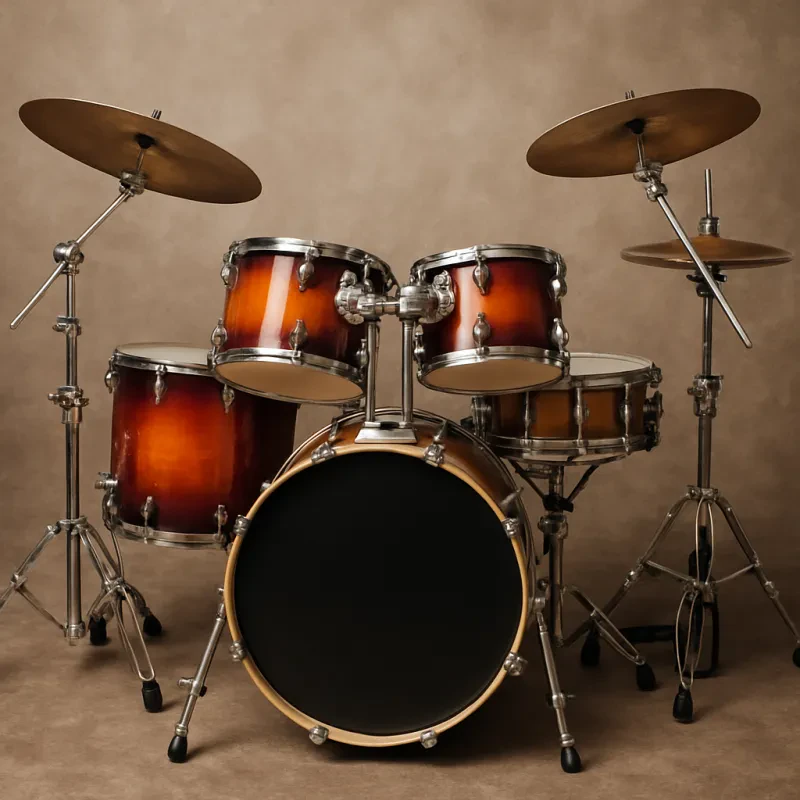Finding the right drum set can feel a bit overwhelming, especially with all the options out there. Don't worry! I’ve got your back with some friendly tips to help you choose the perfect setup for your drumming journey.
First, consider what type of music you want to play. Acoustic drum sets are great for rock or jazz styles, giving you that classic feel and sound. If you like jamming in smaller spaces or won't always have access to a practice room, an electric drum set might be for you. They save space and let you play quietly with headphones, making them super flexible.
Next up, think about your budget. Drum sets come in a range of prices, so it's helpful to know how much you're willing to invest. A beginner set doesn't have to break the bank, and there are plenty of great options that won't leave your wallet empty. Look for starter packs that often include everything you need, like sticks, a throne, and even cymbals.
Lastly, don’t forget to test a few sets out. If you can, visit a local music store and try some out. Pay attention to how they feel when you play. A comfortable set will make those practice sessions way more enjoyable! Remember, you want something that inspires you to play and have fun.
Essential Techniques for New Drummers
Getting started with drumming is super exciting, and learning some essential techniques can really set you on the right path. First off, it’s all about grip. Make sure you hold your drumsticks comfortably. A loose grip helps you play faster and with more control. Try the traditional grip (the way jazz drummers hold the sticks) or match grip (holding both sticks the same way). Experiment with both to see what feels right for you!
Now, let’s talk about posture. Good posture makes a big difference in how you play. Sit up straight but relaxed, keeping your feet flat on the ground. When you’re seated, your knees should be slightly lower than your hips. This position will help you move easily between the bass drum and the snare. Trust me, you want to avoid any bad habits right from the get-go!
Next up is timing. Developing a good sense of timing is key. Start by practicing with a metronome. It might feel slow at first, but it’ll help you stay in sync as you play. Try drumming along to your favorite songs, tapping out the basic beats. It’s a fun way to improve without even noticing you’re practicing!
Finally, don’t forget to warm up! Just like athletes, drummers need to warm up their muscles. Simple exercises like playing single strokes, double strokes, and rolls can help. Set aside a few minutes before your practice session to get your hands and feet ready. It’ll make your playing smoother and more enjoyable!
Tips for Practicing Effectively
When it comes to drumming, practice makes perfect! Here are some friendly tips to help you get the most out of your practice sessions.
1. Set a Regular Schedule: Consistency is key. Try to set aside time each day or several times a week for practice. It doesn’t have to be hours long; even 30 minutes a day can make a huge difference over time.
2. Focus on Technique: While it’s tempting to jump straight into your favorite beats, spending time on your technique pays off. Work on your grip, stick control, and posture. You’ll find that these basics make everything else easier.
3. Use a Metronome: Keeping time is essential for drummers. A metronome can help you build your timing and tempo. Start slow and gradually increase the speed as you get comfortable with your patterns.
4. Break It Down: If you’re learning a tricky beat, break it down into smaller parts. Master each section before trying to play it all together. This makes learning new rhythms feel much less overwhelming.
5. Record Yourself: Listening back to your practice can be super helpful! It lets you hear what’s working and what might need some tweaking. Plus, it’s pretty cool to see how you improve over time.
Joining a Community of Drummers
Online platforms like social media groups and drummer forums are great places to start. You can find tips, share experiences, and even ask for advice. It’s like having a friend group that’s always there, ready to discuss your favorite drumming techniques or the latest drum gear. Plus, you’ll meet drummers from all over the world, giving you fresh perspectives and new ideas!
If you prefer face-to-face interactions, look for local drum circles or music workshops in your area. These gatherings not only allow you to play alongside others but also help you build friendships with people who understand your passion. And who knows? You might even find a mentor or a jam buddy to inspire you further.
Don’t forget about the many music stores and schools near you! They often host events or classes where you can connect with fellow drummers. These places are usually buzzing with energy, and being around like-minded individuals can be incredibly motivating. Whether it’s a casual jam session or a structured lesson, the community vibe will keep you engaged and excited about drumming.
So, dive in and start connecting. Being part of a drummer community can enhance your learning and make your drumming experience way more enjoyable. Get ready to share your journey and grow together!



